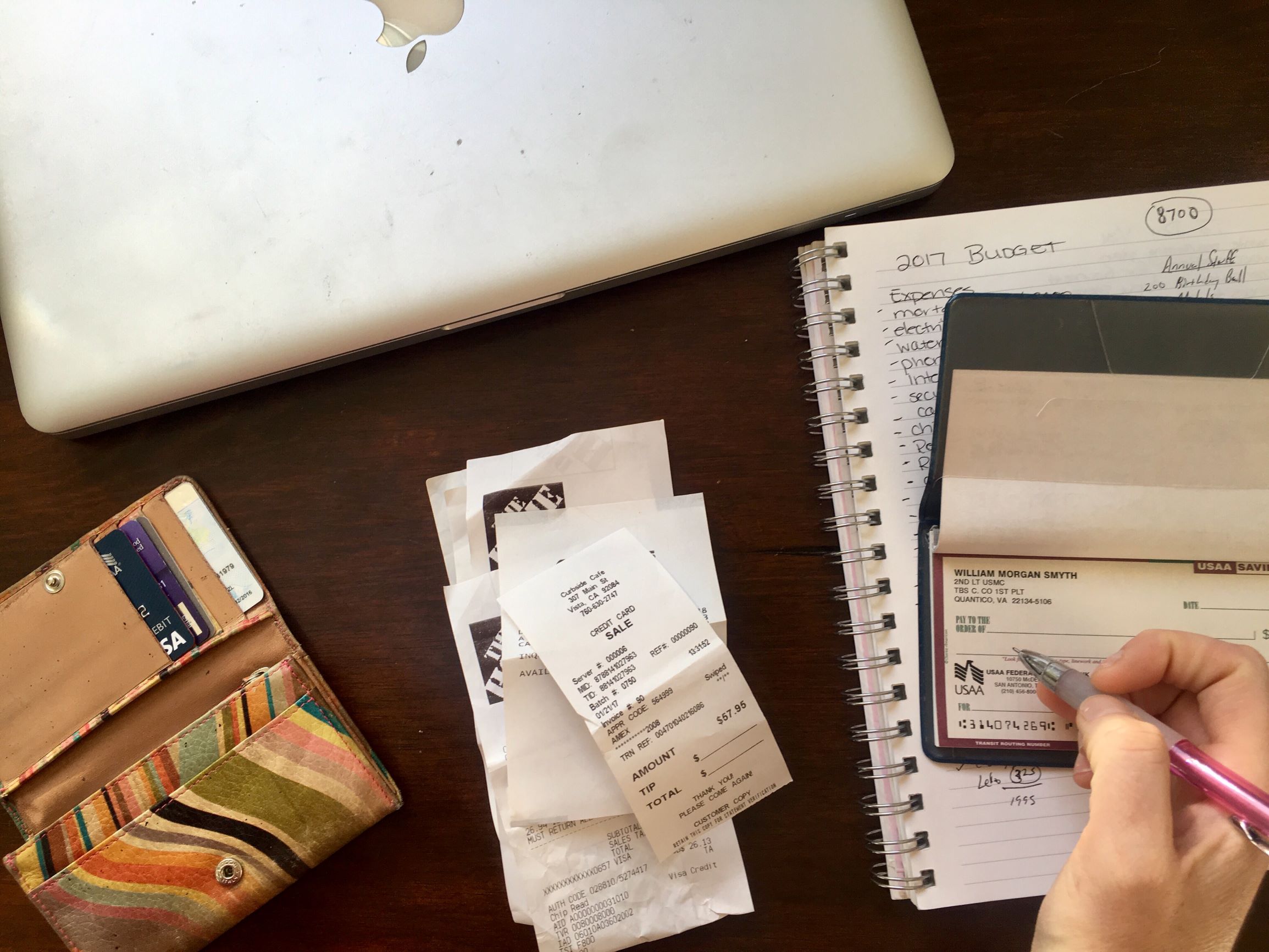A Guide to Bad Check Collection

TABLE OF CONTENTS
Even though ATMs, mobile banking, and credit card payments are part of our everyday life, some people still write checks. For most of these individuals, it’s become an antiquated habit that is hard to break. For others, they take advantage of the processing lag-time to give a few extra days to receive the money they are writing the check against. Some even write the paper document, fully expecting it to bounce. So as a business owner, how should you handle bad checks and debt recovery? Review out these five possibilities to avoid bad checks and adopt the policies that best suit your business.
Decline Personal Checks
The simplest way to avoid receiving a bad check is to adopt a policy not to accept paper checks. Today ATMs are widely available, and electronic payments – such as credit card and debit cards – are the gold standard for payment acceptance. With all this technology readily available, there is no reason why merchants should accept personal checks. Most customers actually prefer to pay for large purchases using credit cards since they usually receive points or other rewards for us.
If your business cannot adopt this policy, be sure to board check verifications systems. This does add cost to your monthly expenditures, but they are substantially cheaper than chasing down a deadbeat consumer. Note that business checks are typically more reliable and less likely to bounce. In these scenarios, be sure to have a complete business profile on hand to assist with collecting bad checks if required.
Inquire About Funds
Merchants who processed a bad check shouldn’t redeposit them before contacting the bank that they were written on for fund availability. Miscalculations can happen on both the part of the customer and the bank. If the cash is available, make sure you redeposit it right the check immediately. A best practice of walking a check into the customer’s bank and cashing it onsite is time-consuming but strongly encouraged.
Talk to Your Client
If this is a customer’s first bad check, don’t immediately assume the worst. Instead, call the customer and have a professional conversation. Be ready to accept payment using a credit card or any other electronic method via the phone. If contacting your customer by phone isn’t possible, send a certified letter requesting the balance paid in full within a specified time. Don’t forget to keep a copy of this letter, as well as the receipt for records.
On a side note, we advise businesses not to do more than this on their own. Every state has different regulations surrounding debt collection. If you’re not well-trained in finding and recovering money, don’t risk your reputation or waste money trying to get an unwilling client to pay.
Contact the District Attorney
District Attorneys (DA) seldom prosecute those who write bad checks – especially if the total is minimal, or if it’s a one-time thing. But, most DA offices do have restitution programs for bad checks. These programs are different depending on the state, but often, the customer will be called by a DA’s debt collection agency. Now since these agencies use DA’s letterhead and disclosing the state legal action that can be taken, many pay the debt quickly.
Use Check Recovery Services
A collection agency assists in the collection of past due receiveables. This service may monitor a customer’s bank account closely daily. That way, once an account has enough funds, they can redeposit the funds immediately. They also assist in adding the correct and legal fees you can assess according to your jurisdiction.
To summarize, bad checks prevent your business from growing and also reduce your company’s revenue. If a customer has written one, we advise talking to them first before taking legal actions. If you still require the ability to take a check payment but want to eliminate the hassle paper checks, give Payment Savvy a call to discuss our electronic check, or ACH, payment solutions. Since 2010, we have provided custom and cost-effective merchant processing for businesses across the country.
We look forward to doing the same for you!


